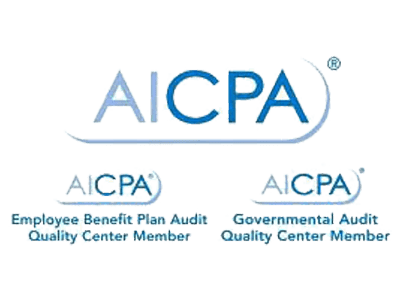| Accident reports/claims |
7 years |
| Accounts payable ledgers and schedules |
7 years |
| Accident reports/claims |
7 years |
| Accounts receivable ledgers and schedules |
7 years |
| Audit reports |
Permanently |
| Bank reconciliations |
2 years |
| Bank statements |
7 years |
| Capital stock and bond records |
Permanently |
| Cash books |
Permanently |
| Chart of accounts |
Permanently |
| Cancelled checks |
Permanently |
| Contracts, mortgages, notes and leases (expired) |
7 years |
| Correspondence (general) |
3 years |
| Correspondence (legal and important matters) |
Permanently |
| Depreciation schedules |
Permanently |
| Duplicate deposit slips |
2 years |
| Employment applications |
3 years |
| Expense analyses/expense distribution schedules |
7 years |
| Financial statements (year-end) |
Permanently |
| Garnishments |
7 years |
| General/private ledgers, year-end trial balance |
Permanently |
| Insurance policies (expired) |
3 years |
| Insurance records, current accident reports, claims, policies, etc. |
Permanently |
| Internal audit reports |
3 years |
| Internal reports (miscellaneous) |
3 years |
| Inventories of products, materials and supplies |
7 years |
| Invoices (to customers, from vendors) |
7 years |
| Journals |
Permanently |
| Minute books of directors, stockholders, bylaws, and charter |
Permanently |
| Notes receivable ledgers and schedules |
7 years |
| Payroll records and summaries |
7 years |
| Personnel files (terminated) |
7 years |
| Physical inventory tags |
3 years |
| Property appraisals by outside appraisers |
Permanently |
| Property records |
Permanently |
| Purchase orders |
7 years |
| Retirement and pension records |
Permanently |
| Sales commission reports |
3 years |
| Sales records |
7 years |
| Scrap and salvage records |
7 years |
| Stock and bond certificates (canceled) |
7 years |
| Subsidiary ledgers |
7 years |
| Tax returns and worksheets |
Permanently |
| Time books/cards |
7 years |
| Trademark registrations and copyrights |
Permanently |
| Training manuals |
Permanently |
| Voucher register and schedules |
7 years |
| Vouchers for payments |
7 years |
| Withholding tax statements |
7 years |







